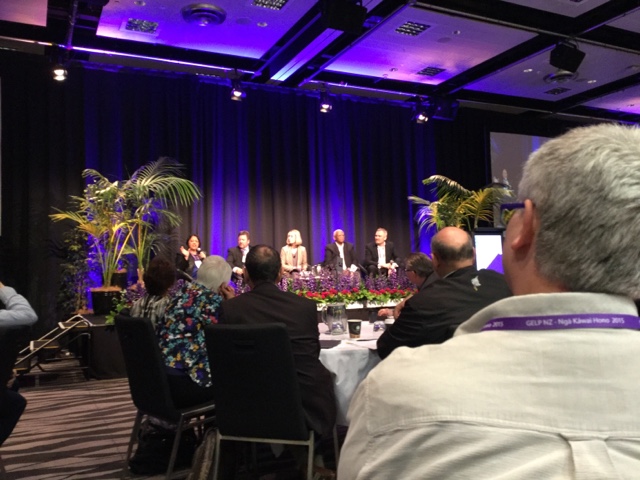#GELPedu New models for learning, new pedagogies, digital learning and the educator workforce for the future

Professor Yong Zhao, Presidential Chair, University of Oregon, USA Slides available at: http://zhaolearning.com Held up Air New Zealand as an example of innovation - making safety videos you actually want to watch. Born in a tiny house in China, a "failed Chinese peasant". Has spent his old life running away from his failures - ran away from China to US. A lot of money is spent on children's education a year. In NZ approx 10,000 U.S. Per year which is more than 70% of adult's wealth globally. Zhao questioned what students get for this, he believes we are short changing our children. Our children are differently talented. We are driven my different motivations. Where does passion come from? He identified 16 human motivators. Diversity of motivation. The is no universal motivator. Natural born diversity is a great asset. Family and nurture can suppress or enhance these motivators. E.g. curiosity can be suppressed or enhanced. If you spend 10000 hours doing something...

